Search

News & Events
Population data could be key to controlling a future COVID outbreak in WAPerth researchers will use population data to help boost WA’s defences in the fight against COVID-19, developing modelling to build a clearer picture of how the virus could spread through high-risk populations.

News & Events
New project to boost global fight against malariaResearchers from The Kids Research Institute Australia and Curtin University are excited to be part of a new US$30 million global project to fight malaria.
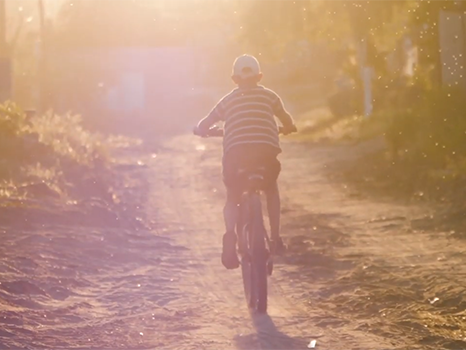
News & Events
Keeping your kids moving during WA’s hard lockdownWestern Australia’s sudden hard lockdown came without warning and unlike when COVID-19 first kept us at home last year, there are now rules on how long we can spend exercising outside.
News & Events
Back to school: How to pack a healthy lunchbox to keep your child fuelled up for learning and playPlenty of parents will tell you the daily lunchbox dilemma is one thing they did not miss during the summer holidays.

News & Events
Back to school anxiety: How to help your child transition into the new school yearIt is natural for children to feel anxious about what a new school year will bring. Here's how to help make the first days and weeks easier on your child and the whole family.
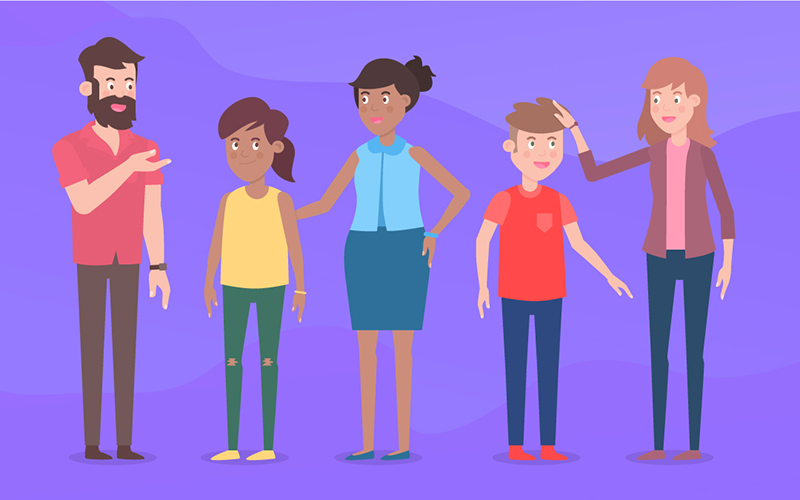
News & Events
Parent of a year 7 student? Why now is the best time to talk to your child about drinkingYear 7 is a time of big change and challenges - and it's also the best time to start talking about alcohol.
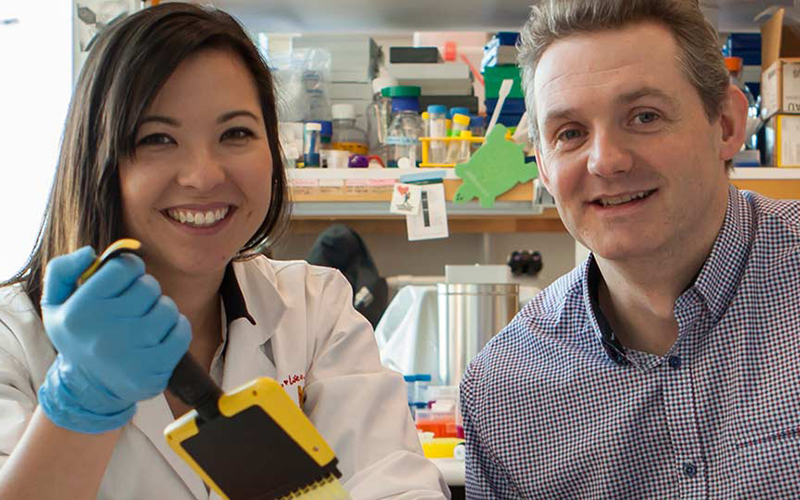
News & Events
Landmark research hopes to increase survival rates for aggressive childhood cancerA new combination of drugs could help to increase survival rates with fewer side effects for some children with one of the most aggressive forms of childhood brain cancer.
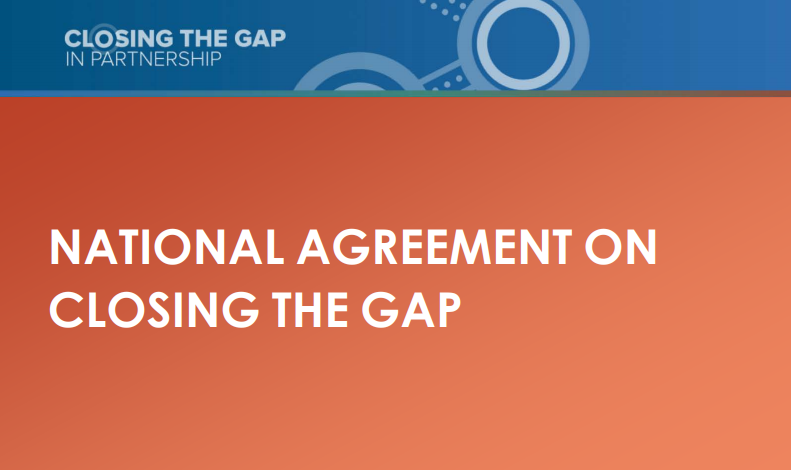
News & Events
The Kids welcomes new Closing the Gap targetsThe Kids Research Institute Australia has welcomed the announcement of a new National Agreement on Closing the Gap.
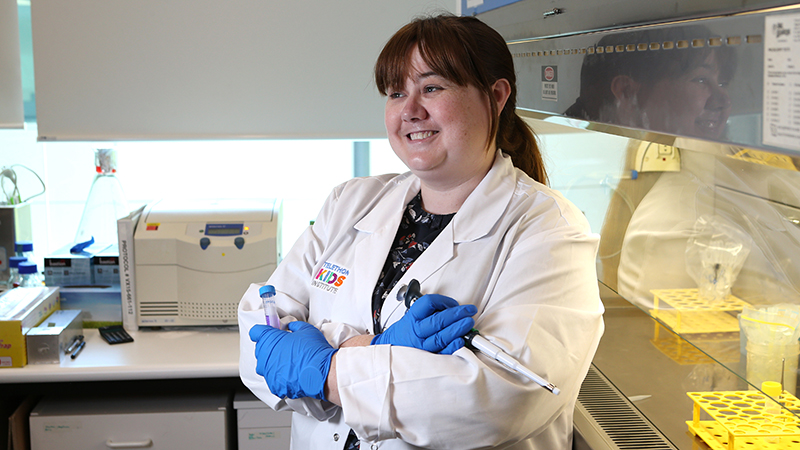
News & Events
“Natural killer” donor cells fighting kids leukaemiaNew research by The Kids shows donor immune cells are highly effective at boosting the body’s response against leukaemia.

News & Events
DETECT Schools Program UnderwayThe DETECT Schools program is underway, with swabs taken at 13 of the participating schools across Western Australia. No asymptomatic COVID-19 has been detected to date.
